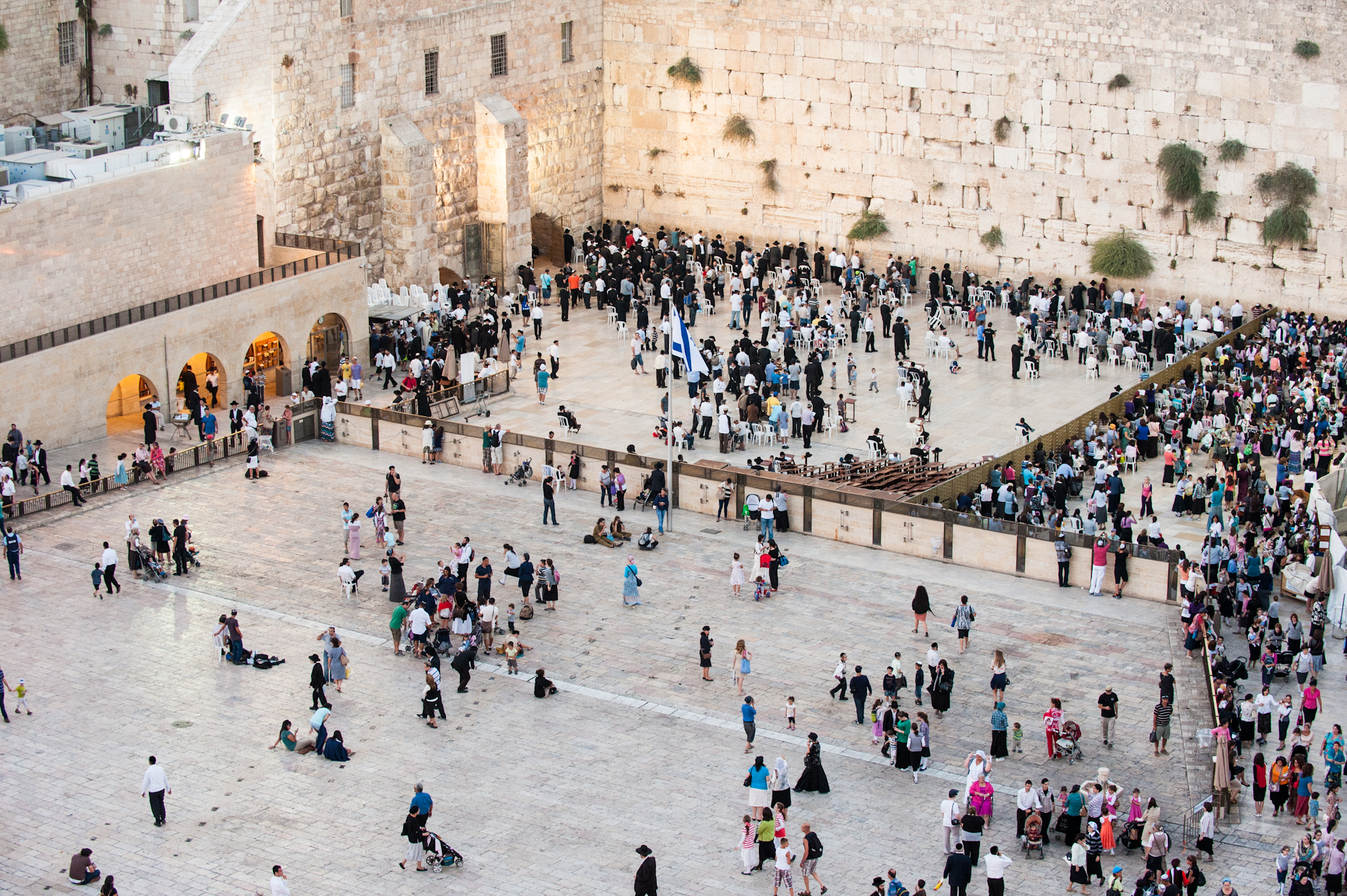
A few months ago, we joined in celebration as the Israeli Government voted in favor of a historic compromise to create an egalitarian plaza at the Western Wall. We rejoiced that a Kotel where all forms of Jewish observance would be recognized seemed to be on the horizon. However, as the ink has dried on the agreement, implementation of the plan has faced numerous roadblocks as leaders in the ultra-Orthodox community and the government have increased the volume of their opposition.
Early in March, Religious Services Minister David Azoulay vowed not to sign the agreement, blocking any further steps to create the new plaza. Soon after, the rabbi of the Western Wall withdrew his support for the agreement, calling it a “desecration” and calling upon Orthodox parties to introduce legislation that would revoke it. Members of both United Torah Judaism and Shas, the Ashkenazi and Sephardi Orthodox parties, have threatened to leave the governing coalition if the plan goes forward, and many of their constituents have amplified their rhetoric in opposition to an egalitarian plaza. Posters in and around Ultra-Orthodox neighborhoods are calling upon people to “Fight for the holiness of the Western Wall!” and are warning that “The Reform Movement intends to sink its claws into the wall of Jerusalem.”
Perhaps responding to this pressure, Prime Minister Netanyahu has now appointed the head of his bureau, David Sharan, to consult with all involved and present recommendations within 60 days. The Prime Minister has said that he remains committed to the agreement, but wants to resolve the challenges he now faces in implementing it.
It is important to remember a couple of things as the saga over egalitarian prayer at the Kotel continues on. First of all, the Government of Israel has already voted to approve this plan, which was the result of a multi-year negotiation process that gave the ultra-Orthodox ample space to voice their concerns. Second, the plan itself came after 27 years of advocacy by Women of the Wall and its partners in the Reform Movement, both in Israel and in North America. After decades of raising this issue and years of negotiating, it is difficult to imagine backing away from a historic gain for those who believe in an Israel that respects everyone’s right to worship according to their beliefs. Indeed, Rabbi Gilad Kariv, President of the Israel Movement for Reform and Progressive Judaism, has threatened to take this issue to Israel’s Supreme Court if the plan is amended.
While the historic agreement over the Kotel is indeed worth celebrating, it will mean nothing if harsh rhetoric levied against our community and pressure from the plan’s opponents succeed in indefinitely delaying or changing it. It is vital that we express our love for Israel in a way that prizes our commitment to pluralism, and our commitment to seeing a Western Wall that honors all forms of Jewish practice. To learn more about religious pluralism in Israel, check out the RAC issue page.
Feature image courtesy of Antonina Reshef, Wikipedia.
Related Posts

Shabbat Message: A Galvanizing Visit to Israel That Fills Me With Encouragement

We Hold All of these Truths


